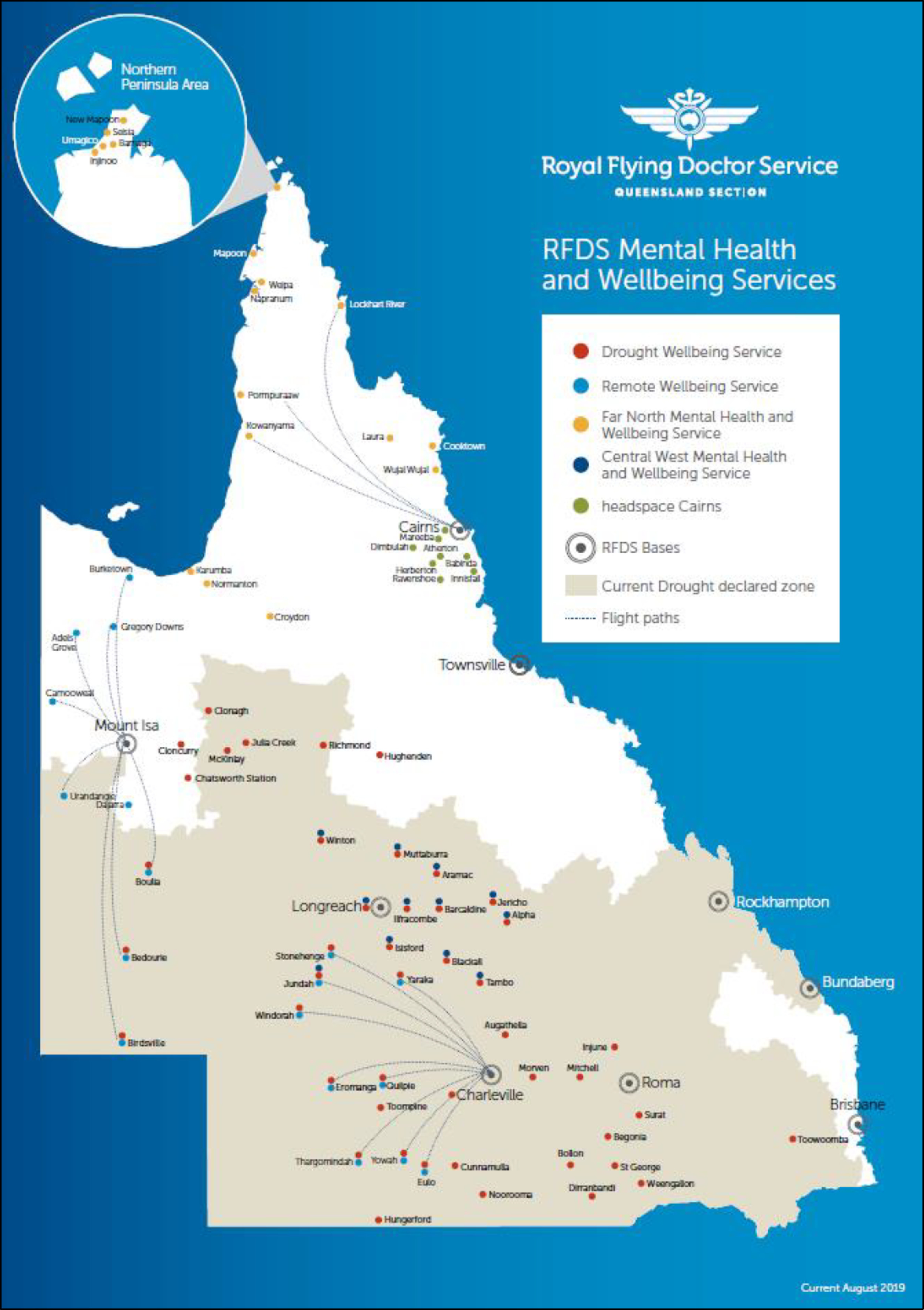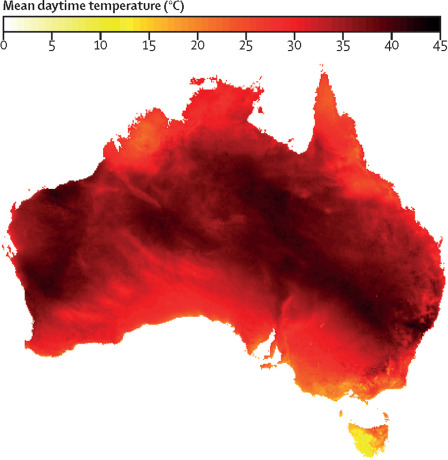Neurobiology of Brain Disorders (Second Edition), Biological Basis of Neurological and Psychiatric Disorders, 2022, Pages 313-336
Nutrient-sensitive approach for sustainability assessment of different dietary patterns in Australia
American Journal of Clinical Nutrition, Volume 115, 1 April 2022
Background: Increasing air conditioner use for cooling indoor spaces has the potential to be a primary driver of global greenhouse gas emissions. Moving indoor air with residential fans can raise the temperature threshold at which air conditioning needs to be turned on to maintain the thermal comfort of building occupants. We investigate whether fans can be used to reduce air conditioner use and associated greenhouse gas emissions.
Nanomedical Drug Delivery for Neurodegenerative Diseases, 2022, Pages 17-39
Nanomedical Drug Delivery for Neurodegenerative Diseases, 2022, Pages 223-242


